Architecture
Architecture is the art and science of designing and constructing buildings and other physical structures. It is a field that combines elements of art, engineering, and social sciences to create spaces that are functional, aesthetically pleasing, and in harmony with their environment.
Key Concepts
- Design Principles: Understanding the fundamental principles of design, such as balance, proportion, rhythm, and harmony, is essential in architectural practice. These principles guide the arrangement of elements in a building to create a visually appealing and functional space.
- Construction Techniques: Architects need to have a good understanding of various construction techniques and materials to effectively communicate their designs to builders and ensure structural integrity.
- Architectural Styles: Exploring different architectural styles throughout history and across cultures provides valuable insights into the evolution of design and the cultural significance of different architectural forms.
- Environmental Considerations: As sustainability becomes increasingly important, architects must consider environmental impact, energy efficiency, and the use of sustainable materials in their designs.
- Urban Planning: Understanding the principles of urban planning and how buildings fit into the larger context of cities and communities is crucial for creating spaces that are functional and socially integrated.
Study Tips
Here are some tips for studying architecture:
- Visual Learning: Use visual aids such as architectural drawings, diagrams, and models to understand spatial relationships and design concepts.
- Historical Context: Study the historical and cultural context of different architectural styles to gain a deeper understanding of the reasons behind their design principles and forms.
- Field Trips: Visit architectural landmarks, museums, and urban spaces to observe and analyze real-life examples of architectural design and construction.
- Hands-On Projects: Engage in hands-on projects such as model-making, sketching, and building prototypes to develop practical skills and a deeper understanding of architectural concepts.
- Collaboration: Collaborate with peers to discuss design ideas, critique each other's work, and gain different perspectives on architectural concepts.
Conclusion
Architecture is a multidisciplinary field that requires a combination of creativity, technical knowledge, and a deep understanding of the built environment. By studying key concepts and applying effective study strategies, students can develop a strong foundation in architectural principles and practices.
[Architecture] Related Worksheets and Study Guides:
.◂Science Worksheets and Study Guides Eighth Grade. The Endocrine system and Reproduction
Study Guide The endocrine system and Reproduction
The endocrine system and Reproduction  Worksheet/Answer key
Worksheet/Answer key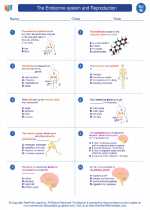 The endocrine system and Reproduction
The endocrine system and Reproduction  Worksheet/Answer key
Worksheet/Answer key The endocrine system and Reproduction
The endocrine system and Reproduction  Worksheet/Answer key
Worksheet/Answer key The endocrine system and Reproduction
The endocrine system and Reproduction  Vocabulary/Answer key
Vocabulary/Answer key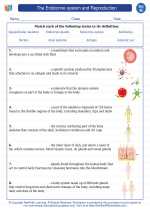 The endocrine system and Reproduction
The endocrine system and Reproduction  Vocabulary/Answer key
Vocabulary/Answer key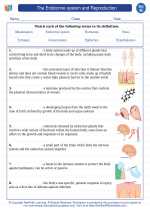 The endocrine system and Reproduction
The endocrine system and Reproduction  Vocabulary/Answer key
Vocabulary/Answer key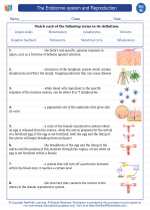 The endocrine system and Reproduction
The endocrine system and Reproduction  Vocabulary/Answer key
Vocabulary/Answer key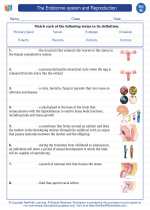 The endocrine system and Reproduction
The endocrine system and Reproduction  Vocabulary/Answer key
Vocabulary/Answer key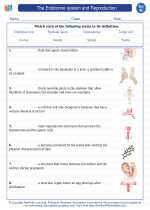 The endocrine system and Reproduction
The endocrine system and Reproduction 

 Worksheet/Answer key
Worksheet/Answer key
 Worksheet/Answer key
Worksheet/Answer key
 Worksheet/Answer key
Worksheet/Answer key
 Vocabulary/Answer key
Vocabulary/Answer key
 Vocabulary/Answer key
Vocabulary/Answer key
 Vocabulary/Answer key
Vocabulary/Answer key
 Vocabulary/Answer key
Vocabulary/Answer key
 Vocabulary/Answer key
Vocabulary/Answer key
